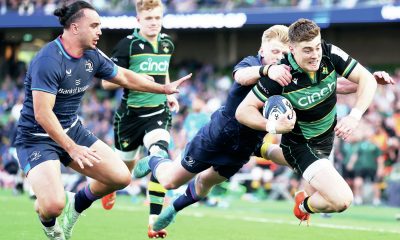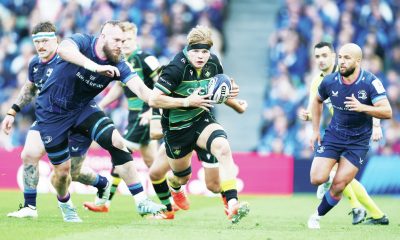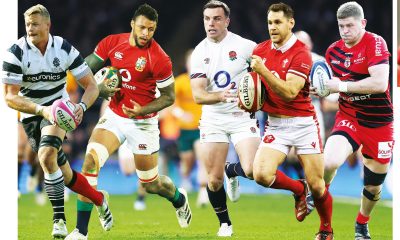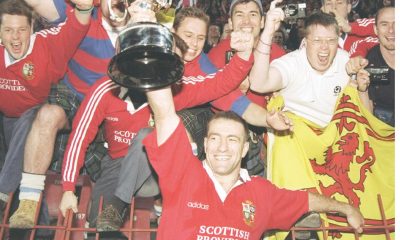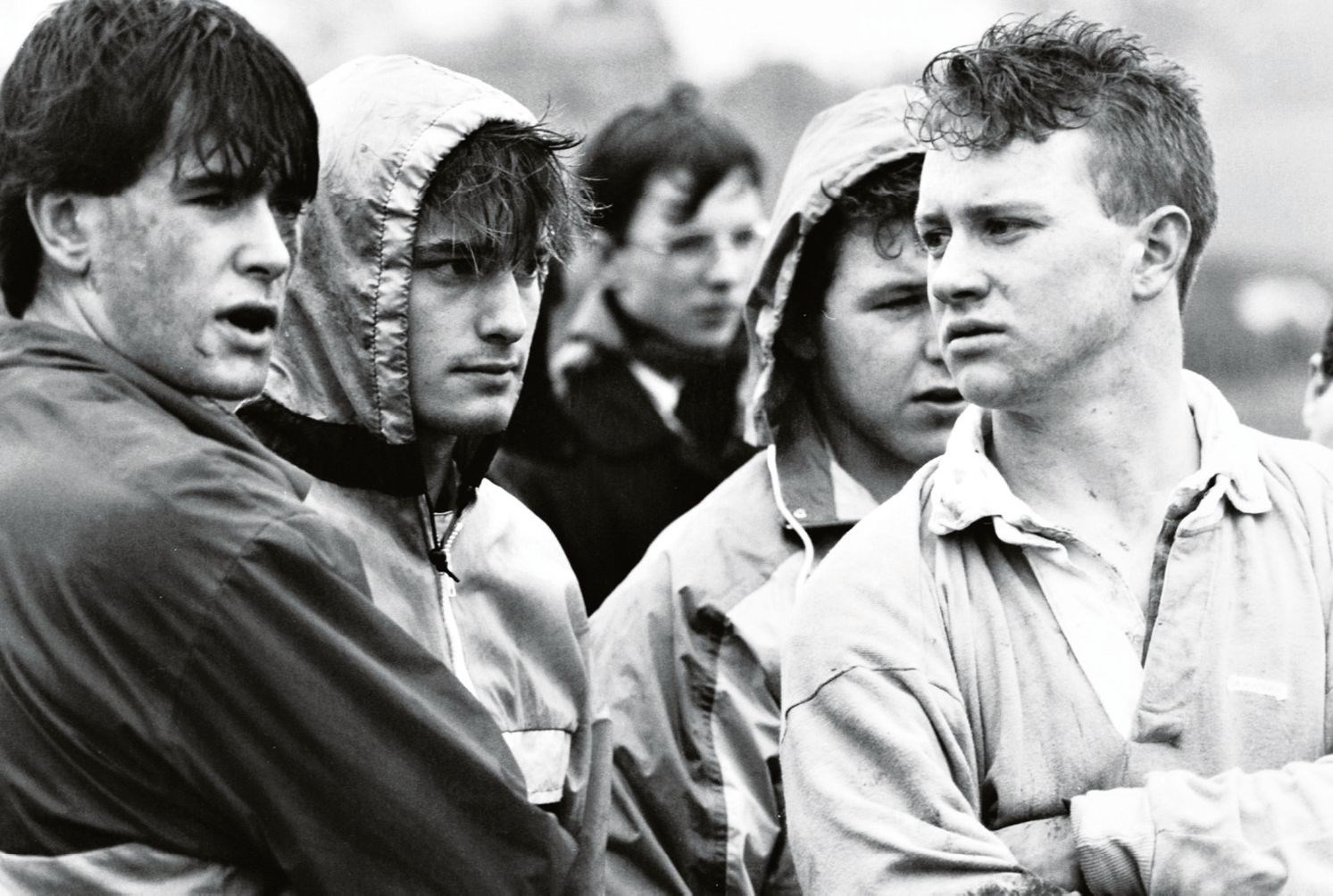
Brendan Gallagher continues his series looking at rugby’s great schools
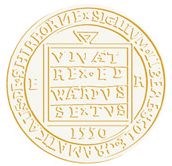

RUGBY has been a constant at Sherborne for over 150 years, and although consistency of performance has rarely been their hallmark, what history does show is that when Sherborne are good they are very good indeed.
This is a school that has produced high quality players from the moment rugby was first formally adopted in 1868, although there is strong evidence that a game combining the elements of rugby and football was played two or three afternoons a week from the late 1840s onwards.
This was introduced by the headmaster Charles Penrose, an old boy of Rugby school and nephew of former Rugby headmaster Dr Thomas Arnold. Indeed many insist that Penrose was the model for the character Old Brooke in Tom Brown’s Schooldayswho was described as “head of the school house side and the best kicker and charger in rugby”.
Henry Twynham and Richard Finch were early Test players for England while John Buchanan represented Ireland. And that quality of player has kept coming… Thomas Devitt, who scored six tries in three Varsity matches, flying Scotland wing Charles Dick – later an eminent surgeon in New Zealand – England centre Peter Candler, England and Harlequins lock Colin Payne and England fly-half John Tallent.
Charles Bathurst, the first Viscount Bledisloe, also learned his rugby at the school and later in life – in 1931 – bequeathed the Bledisloe Cup to be played for annually by New Zealand and Australia. Over the years they have also attracted a stellar array of coaches from the legendary Micky Walford – more of which page right – Richard Sharp, Dave Rosser, Mike Davies, Don Rutherford and others.
It’s a proud legacy and in recent years Sherborne have started to make an impact again although the only silverware they garnered was the Daily Mail Vase in 2015.
Before that, in 2013, a strong 1st XV looked like they might go all the way in the Daily Mail Cup with hard-earned wins over Marlborough and Bishop Wordsworth’s in earlier rounds hinting at good things, but in the quarter-finals they came up against the coming force that was Dulwich College. In retrospect a 20-10 defeat at Dulwich was a considerable performance.
It is the most recent team that has raised Sherborne’s stock very high, spearheaded by the likes of inspirational scrum-half Tom Carr-Smith, now at Bath, Jai Thompson and Ireland U18 representative Lorcan McLoughlin.
That group got a taste for the big time when they reached the 2019 Plate final only to lose 28-21 to Bloxham and last season, with ten of that team returning, put a campaign together that looked destined to see them appear at Twickenham.
They rampaged past Downside (45-3), QEH (34-14), Sir Thomas Rich’s (44-10) and Taunton College (53-0) and dealt with a really good KCS Wimbledon team 26-8 in the quarter-final before they hosted an outstanding Whitgift XV in a much-anticipated semi-final. Sherborne led for 68 of the 70 minutes but were eventually done by a superb 45m penalty from Ben Fitzgerald which saw the home side lose 24-23.
Sherborne, with its devotion to hockey after Christmas, have rarely been a noted Sevens side, but they occasionally get a taste for the abbreviated game and that was certainly the case with their unbeaten XV of 1952, who, encouraged by reaching the Rosslyn Park 7s semi-finals the previous year, decided under the captaincy of Richard Leonard to launch a full scale assault in 1953.
The side’s main attributes were its remorseless tackling and the speed of Leonard who was a real match winner. Over the two days there were no easy matches with wins on day one against The Crypt (9-0) and Kingswood (8-6) followed by an exhausting and fraught finals day.
Sherborne began with a nervous 11-5 win over Haileybury and then hit their straps with a 5-3 quarter-final victory over Llandovery who had beaten them in the semi-finals the previous season. In the semi-final they sneaked through 6-5 against Oundle and then in the final, against old rivals Clifton, Leonard scorched home from 70m to clinch it 5-3. Earlier in the season Leonard had scored from a similar range to earn a 3-3 draw when the two schools met at fifteens.
Probably the high-water mark of Sherborne’s rugby came between 1975 and ‘78 when they were unbeaten in all school games as joint coaches Phil Jones and Mike Davis combined to produce four formidable teams.Davis was a busy man during this era having also been promoted from being the England U16 coach to the main man at England Schools 18 Group where he promptly oversaw a couple of schoolboy Grand Slams. In 1980, of course, Davis was to coach the senior England team to a Grand Slam as well.
The first inklings of something special came in the 1974 season when, fulfilling a stronger than usual fixture list including matches on tour at Llandovery and Christ College Brecon, Sherborne lost just three of their 11 matches and, with many of that year group staying on, they were a major force to reckon with in 1975.
That team won all eight regular season games, conceding just 30 points in the process, and success was obviously contagious as the 2nd and 4th XVs also went unbeaten and the 3rd XV lost just one match. One of the star men was England U18 hooker Brian Kenny who went on to win 11 England schools caps. Curi- ously Kenny was the only England schools representative during this period despite their outstanding record and the fact that Davis was also the England schools coach. Perhaps, if anything, it worked against Sherborne with Davis determined to show no favouritism.
Despite a rash of injuries the run continued the following year when the fixture list was augmented by visits from Bradford GS and Oakham and a strong Seven won the Oxford and Surrey titles and finished runners-up in the Festival at Rosslyn Park.
The unbeaten run continued the following season when Blackrock College also appeared on the fixture list when Sherborne really turned on the style in the rain and mud.
Sherborne were becoming a target, everybody wanted to lower their colours but still they ploughed on, again going unbeaten in the 1978 season and it was November 1979 before the inevitable happened – all unbeaten runs come to an end – and they lost to old rivals Downside.
Since then there have been notable players and XVs. Aadal Kardooni was a brilliant schoolboy scrum-half and stalwart of many successful Leicester Tigers teams and in the opinion of many unlucky not to be capped by England while Nick Greenstock was a dashing centre who could have won more than his two England caps. Their last unbeaten season came in 1992, when that man Mike Davis was back in charge.
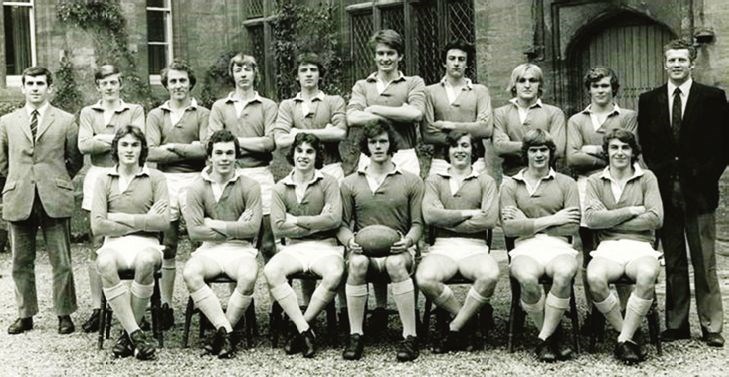

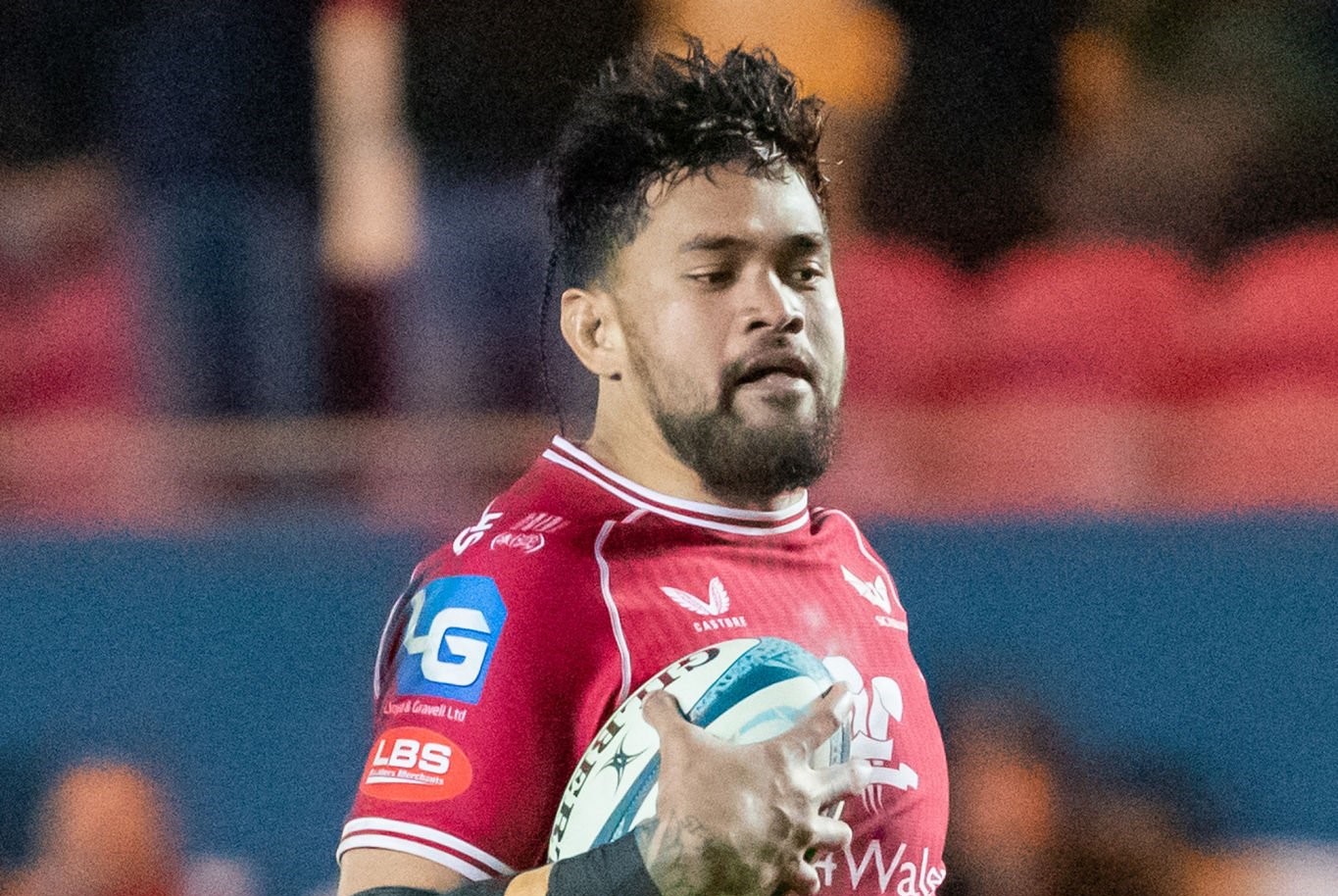
United Rugby Championship
Vaea Fifita’s commanding presence has Scarlets pushing for URC play-off spot
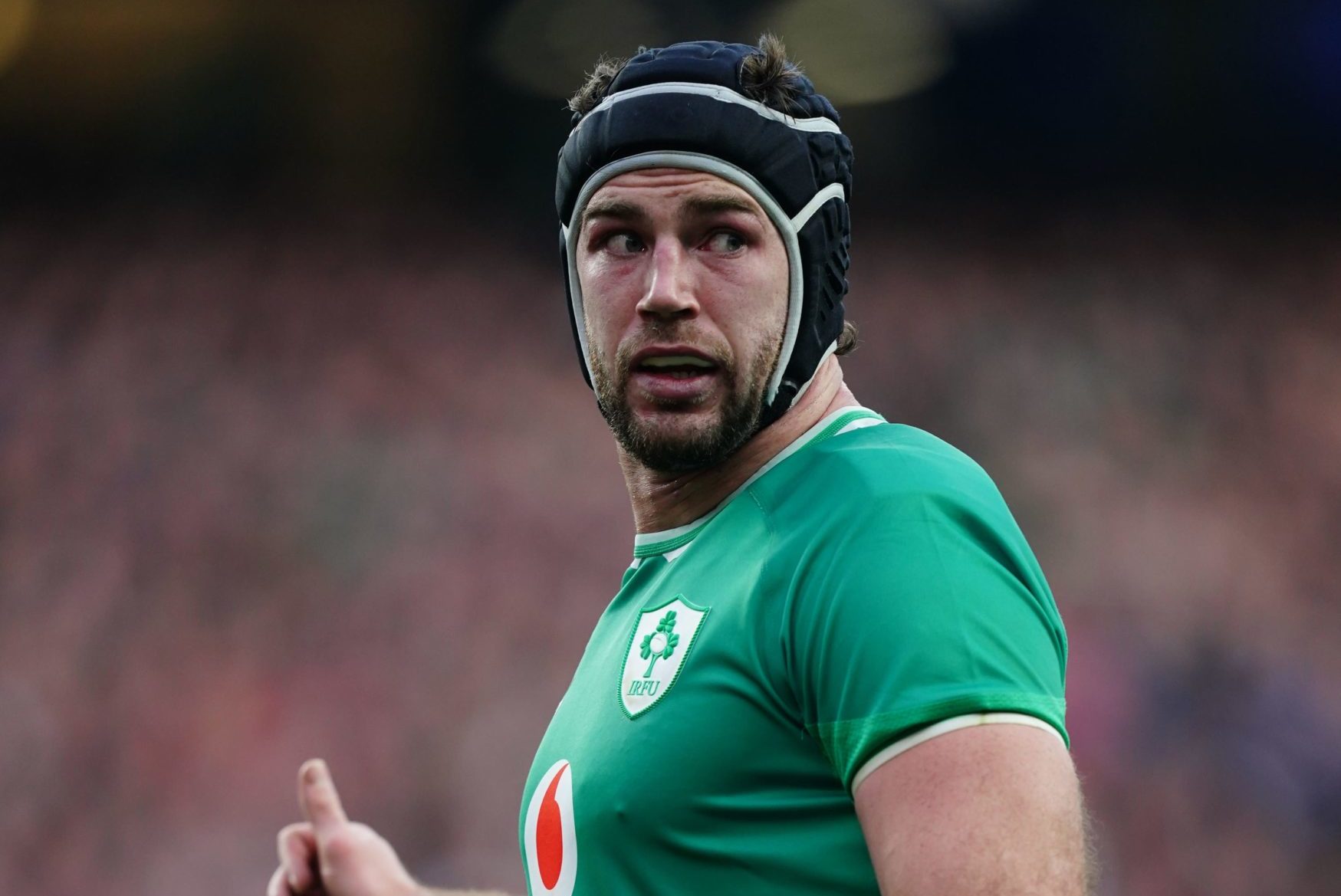
British and Irish Lions
British and Irish Lions Watch: Caelan Doris confirmed to miss the tour with injury

















